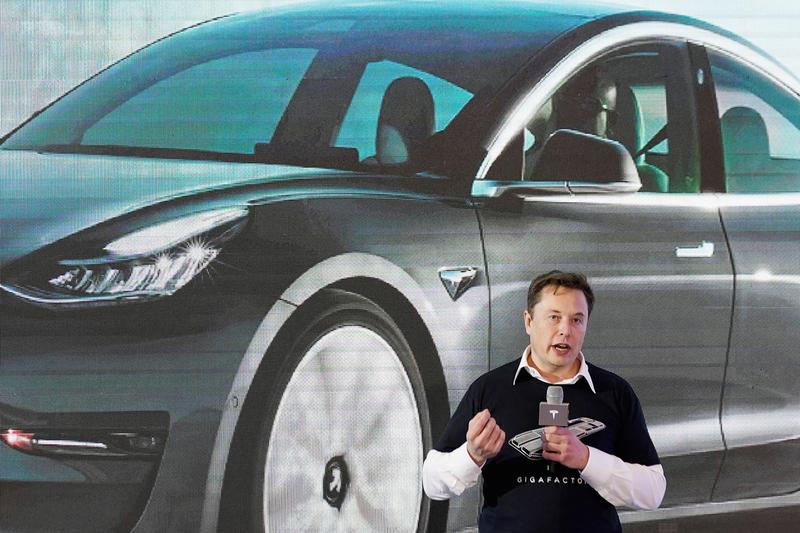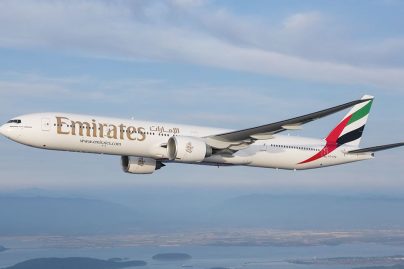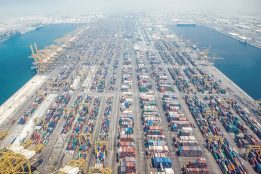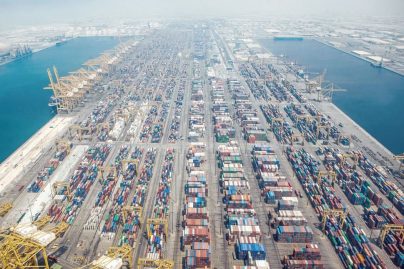Tesla Musk calls for environment-friendly switch to ‘battery over combustion’
Tue 22 Sep 2020
Tesla CEO Elon Musk on Tuesday showcased the company’s advanced battery technology, with investors expecting he will outline how the company’s electric vehicles will surpass the cost and convenience of internal combustion engines.
As automakers shift from horsepower to kilowatts to comply with stricter environmental regulations, investors are looking for evidence that Tesla can increase its lead in electrification technology over legacy automakers who generate most of their sales and profits from gasoline-powered vehicles.
Musk, who frequently launches new products in attention-grabbing, show-like announcements, has fueled expectations for ‘Battery Day’ over the past months, in April calling the event “one of the most exciting days in Tesla’s history.”
On Monday, Musk said on Twitter that the battery improvements to be unveiled at the event would not reach “serious high-volume production” until 2022, sending Tesla shares down 5% in extended trade.
Analysts expect Tesla to present a range of updates, including significant improvements to the amount of energy its batteries can store, allowing vehicles to drive further on a single charge. They also await updates on the production cost of battery cells, largely seen as an impediment to wider electric vehicle adoption.
Investors also expect Musk to explain how Tesla will capitalise on its 2019 acquisition of U.S. battery company Maxwell Technologies Inc. Some investors expect the automaker to announce that Maxwell’s dry battery electrode technology could significantly reduce manufacturing costs, speed up production and improve batteries’ energy storage capacity.
Musk has complained in the past that Tesla vehicles are not affordable enough. Tesla’s lowest-range Model 3 sedan with a range of 250 miles currently starts at $37,990 in the United States.
According to him, scaling battery cell production at an affordable price was Tesla’s biggest limitation to growth.
While average electric vehicle prices have decreased in recent years thanks to changes in battery chemistry and composition, they are still more expensive than conventional cars, with the battery estimated to make up a quarter to a third of an electric vehicle’s cost.
Tesla’s battery packs costed $156 per kWh in 2019, which would put the cost of a 90-kWh pack at around $14,000.
Musk on Monday said Tesla intends to increase battery cell purchases from three suppliers – Japan’s Panasonic, South Korea’s LG Chem, and China’s CATL – and possibly with other partners as well.
Tesla is also building its own cell manufacturing facility at its new factory in Germany and is setting up a battery research and manufacturing facility at its largest vehicle factory in Fremont, California.
[Sourced from Reuters]

 Apr 19 2024
Apr 19 2024













